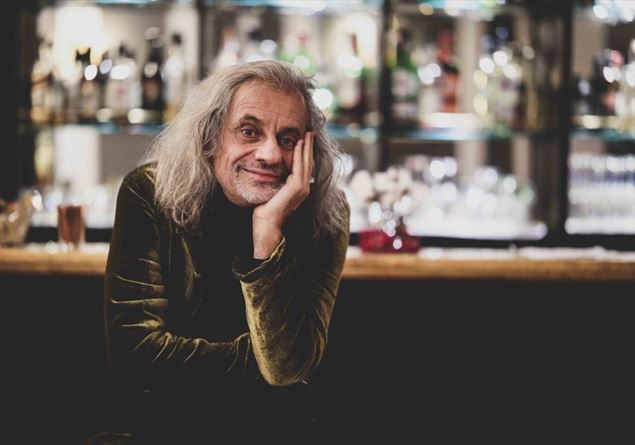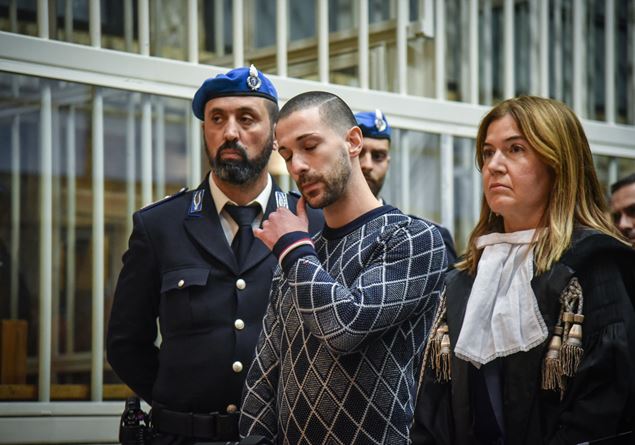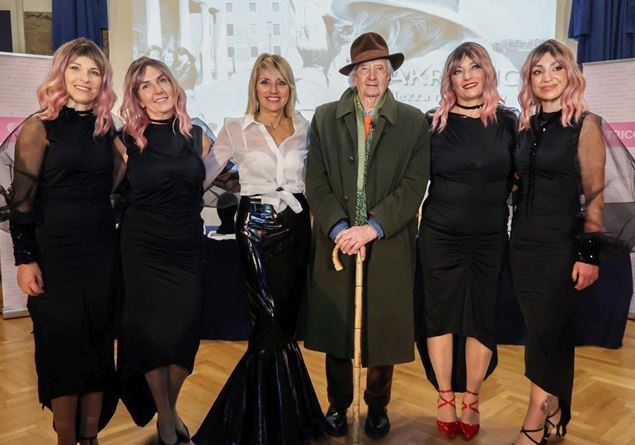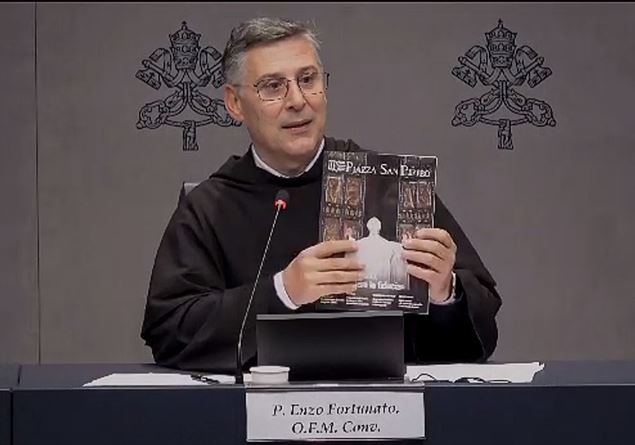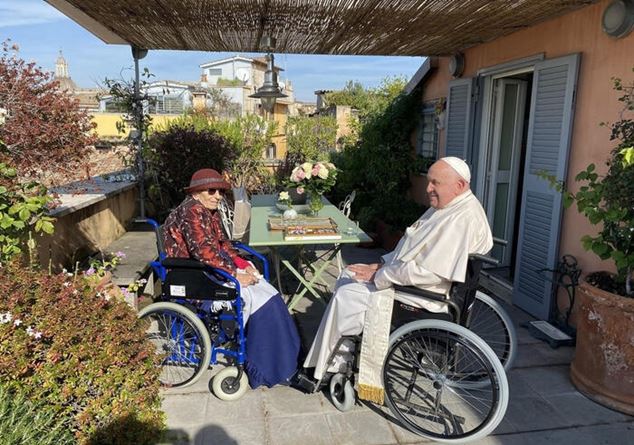
Your Excellency, what is the meaning of this visit by the Pope to Emma Bonino, leader of the Radical party?
«The relationship between Pope Francis and Emma Bonino is not breaking news. There had already been meetings in the past. Personally I remember that when Marco Pannella had a serious health problem in 2014, Emma tried to contact the Pontiff asking him to call Pannella. In fact, Pope Francis called him. On that occasion he also called me to talk to me, and told me about the Pope’s phone call which had comforted him a lot. When Pannella got worse the Pope himself told me to go and see him and help him in any way.”
What then is the crux of a meeting between such different and apparently antithetical positions? I think about abortion and the end of life
«The key point that Pope Francis underlined to me regarding Pannella – but I believe it is similar for Bonino – is the value that he attributes to those who fight with conviction for their ideals, also personally paying the bitter consequences that this entails. It could be said that for Pope Francis, history is worth more than the idea, testimony more than theory. Obviously this does not mean that Pope Francis espouses and endorses everything a person thinks and says. Here we are on a horizon that goes “beyond” you. And it’s not always easy to understand this. But it’s worth it. Here I am. I seem to be able to say that for Pope Francis – and not only for him – the testimonies for which one pays personally (even harshly) must be respected because they have the weight of gratuitousness which, in a world where only profit for oneself is worth , is a rare commodity to be valorised”.
Even knowing that a choice like this, the visit to Emma Bonino, could create discontent in the Catholic world?
«The Pope knows well that all this is upsetting and upsetting. Pope Francis shows that God’s love goes far beyond our usual patterns. Paying for your ideas has great value. It is clear that with his visit the Pope does not intend to sanctify. But testifying to the breadth of God’s love, yes. It is a love that knows no limits and that reaches out to everyone, no one excluded. At the end of the Synod he forcefully reiterated that the Church does not remain glued to its chair, but goes out to meet everyone.”
Monsignor Vincenzo Paglia, president of the Pontifical Academy for Life
“An example of freedom and resistance”. This is how the Holy Father defined the radical activist.
«Evidently he thinks so. And it seems to me that he wants to underline, precisely, the courage of a freedom that challenges opposition – even if it is paid hard – in order to affirm what he conscientiously believes he must bear witness to. It’s not uncommon for people to change their minds because of polls!
What do you say to those who criticize the choice to go and visit you?
«I reply that it would be good for him to find out what the 99 sheep remaining in the fold said among themselves when they saw the shepherd leaving them alone to go and look for the one that had gone away».
You, Monsignor Paglia, were close to Marco Pannella in the last five months of his life. What was your common meeting ground?
«We talked a lot about the need to make the world more just and in any case more attentive to the weakest, the poor and the marginalized. I remember the long chats we had about his fight against world hunger, as well as the disagreements we had on issues relating to abortion. And I told him that I was a much more radical defender of life than him: I was not only against abortion but also against the idea of death, against war and any type of oppression. A strange competition on radicality. And I don’t forget his passion for humanizing prisons and his commitment in the Jubilee with John Paul II to ensure that amnesty was granted. The Pope who went to Parliament to ask for it.”
Why Pannella’s desire to have her close?
«Because friendship goes beyond fences and also brings together people who think differently. The Gospel tells us that in the end we will be judged on love (rather than on ideas). For the last five months of his life I visited him weekly. We didn’t want to convert, but to grow in a free friendship. And if we progress in friendship we also progress in truth. In the latter, in fact, there already lives the fire of love that takes root in the hearts and remains eternally. We are all immersed in the love of God which is much greater than our limits and our mistakes. “God – writes the apostle Paul – loved us while we were still sinners”. When I told Pannella that the cross I had on my chest belonged to Msgr. Romero, a bishop killed for defending the poor, asked me to see it, took it in his hands, put it around his neck and never wanted to give it back to me.”



